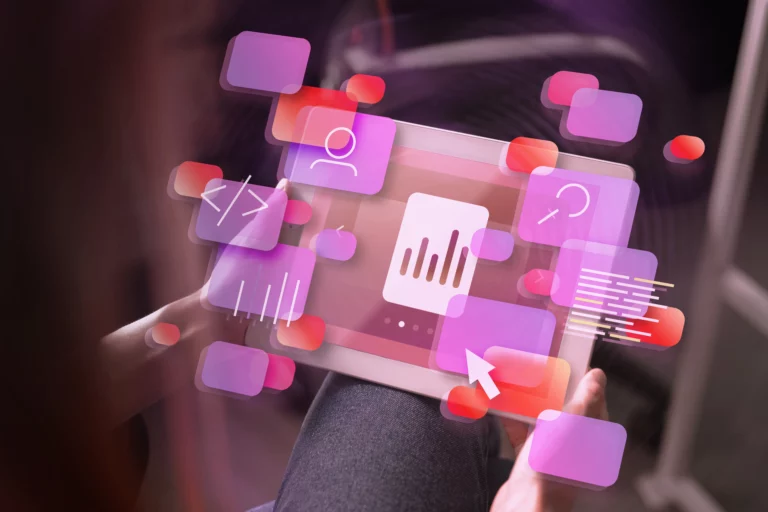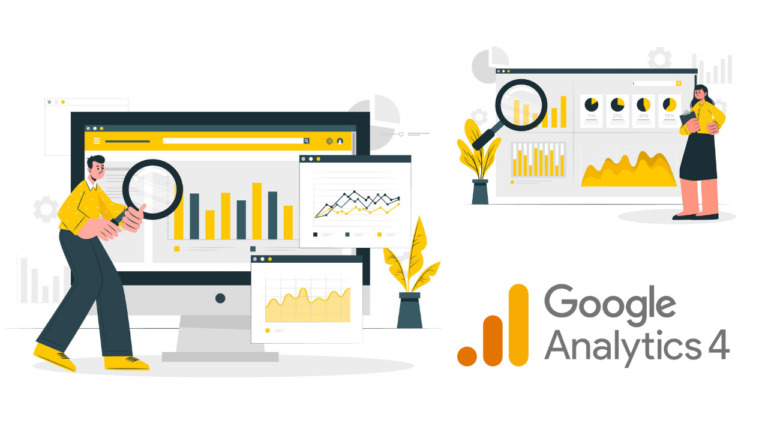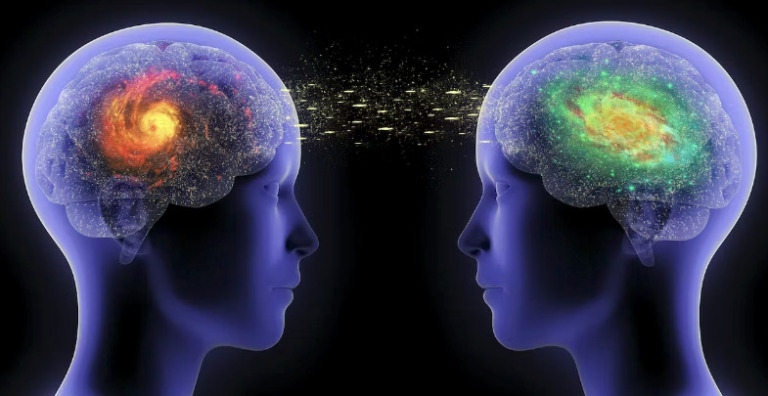Will Artificial Intelligence outsmart us?
- Dina Berrios
- Estimated Reading Time
Artificial Intelligence (AI) is a rapidly growing technology that’s making significant progress in various fields. It has become an integral part of our lives, from personal assistants to self-driving cars. However, as AI continues to evolve, some people are worried that it might surpass human intelligence and eventually outsmart us.
AI is revolutionizing the way businesses operate in almost every industry, including marketing, because it has the power to analyze data, automate tasks, and provide personalized experiences for customers. In this blog post, we will explore how AI is transforming the marketing industry providing examples of successful implementation and analyzing if it can outsmart us.

The Advancement of AI
One of the reasons why people are concerned about AI outsmarting us is its rapid advancement. AI has come a long way since its inception and has demonstrated remarkable progress in various fields such as natural language processing, image recognition, and decision-making processes.
Personalized Marketing
The integration of AI in marketing has provided a significant benefit for businesses, particularly in creating personalized experiences for customers. This is possible because AI algorithms can analyze customer data, such as their browsing behavior, purchase history, and social media activity. By using this data, businesses can create personalized product recommendations and promotions that are tailored to each individual customer.
One company that has successfully implemented personalized marketing through AI is Amazon. Their recommendation engine uses AI algorithms to suggest products to customers based on their browsing history and purchase behavior. This type of personalized marketing has been proven to increase sales and customer loyalty. By providing personalized recommendations, customers are more likely to feel understood and valued by the business, leading to repeat purchases and long-term loyalty.
AI systems are becoming more sophisticated and capable of performing complex tasks that were once thought to be exclusive to humans. The ability of AI to provide personalized marketing experiences has been a game-changer for businesses. By analyzing customer data and creating tailored recommendations, businesses can increase sales and customer satisfaction. This is just one example of how AI is transforming the marketing industry and improving the way businesses operate.
Chatbots
Chatbots have become an increasingly popular tool in marketing due to their ability to offer instant customer support and help customers with their queries in real-time. They are AI-powered virtual assistants that can communicate with customers through messaging platforms such as Facebook Messenger and WhatsApp. These chatbots can provide a wide range of services, including answering product-related questions, resolving complaints, and even processing orders.
One significant advantage of chatbots is their ability to provide a more efficient customer experience. They can respond to customer queries instantly and offer 24/7 support without the need for human intervention. This feature is especially useful for businesses that receive a high volume of customer inquiries or operate in different time zones. Chatbots also provide a personalized experience for customers as they can learn from past interactions and tailor their responses to individual preferences.
Moreover, chatbots can significantly reduce customer service costs for businesses. They can handle multiple queries simultaneously, and the cost of maintaining and training a chatbot is much lower than hiring and training human customer service representatives. Chatbots can also free up human employees to focus on more complex customer issues, improving the overall efficiency of the customer service process.
However, it still requires human reviews to ensure accuracy, appropriateness, and relevance. It is still a machine learning algorithm that can make mistakes. That’s why it is important to have human reviews to catch these mistakes to ensure that the model’s responses are relevant and helpful to the user.
Predictive Analytics
AI-powered predictive analytics is also transforming the marketing industry. Predictive analytics uses AI algorithms to analyze large amounts of customer data to predict future behavior and outcomes. For example, Sephora uses predictive analytics to analyze customer browsing behavior and purchase history to predict which products a customer is most likely to buy. This data is then used to create targeted promotions and product recommendations. Predictive analytics can help businesses make data-driven decisions and improve customer satisfaction.
One real-life example of AI-powered predictive analytics in the marketing industry is Netflix’s recommendation engine. Netflix uses predictive analytics to analyze a vast amount of customer data, including viewing history, search queries, and ratings, to predict what users are most likely to watch next. The algorithm then suggests personalized recommendations based on the user’s predicted preferences, improving the overall user experience.
AI-powered predictive analytics is transforming the marketing industry by providing businesses with valuable insights into customer behavior and preferences, allowing them to make data-driven decisions and create personalized experiences that improve customer satisfaction and drive sales.
If you want to learn more about the use of some of the AI tools available today, head to our blog post Notion AI vs ChatGPT to learn about machine learning in these apps. Additionally, don’t forget that new tools and ways of using AI are being developed every day to improve different aspects of our lives.
| Human Intelligence | Artificial Intelligence | |
|---|---|---|
| Learning | Humans learn from experience, observations, and social interaction. | AI learns through data, algorithms, and patterns. |
| Creativity | Humans can think creatively and come up with original ideas. | AI can also generate new ideas and create unique content. |
| Adaptability | Humans can adapt to new situations and environments. | AI can also adapt and improve its performance through machine learning. |
| Emotional Intelligence | Humans have emotions, empathy, and intuition. | AI lacks emotions but can simulate emotions and recognize them in humans. |
| Sensory Perception | Humans have a range of sensory perceptions, including touch, taste, and smell. | AI can perceive and interpret sensory data through sensors and computer vision. |
| Cognitive Abilities | Humans have reasoning, logic, and critical thinking skills. | AI can perform complex calculations, pattern recognition, and decision-making. |
| Social Interaction | Humans communicate, collaborate, and build relationships with others. | AI can interact with humans through chatbots, voice assistants, and virtual agents. |
Conclusion
One of the main concerns regarding the possibility of AI outsmarting humans is that it could potentially lead to the creation of superintelligence, where machines become so intelligent that they are able to improve themselves and evolve at an exponential rate. This could result in a scenario where AI becomes uncontrollable, surpassing human intelligence, and ultimately posing a threat to humanity.
Moreover, it is worth considering that AI systems are still designed and programmed by humans, and as such, they are limited by human biases and errors. AI technology is still in its early stages, and the development of machines that can surpass human intelligence is not the sole focus of AI research. The future of AI lies in collaboration between humans and machines, where AI is used to augment human intelligence rather than replace it.
Dina Berrios
Content and Social Media Specialist
Experienced in content and social media management, she excels at creating engaging content, developing effective social media strategies, and analyzing metrics for business growth.Share
Recent Articles

Sustainable Marketing: Long term Sustainability Success
Previous Post Sustainable Marketing in the Digital World: Embracing Sustainability for long term Success In today’s digital era of constant connectivity, marketing has evolved into

Google Analytics 4. Collecting data in 2023
Previous PostNext Post Google Analytics 4 (GA4) and the new way of collecting data in 2023 In an era driven by data, businesses are increasingly

Communication in project management: easier said than done?
Previous PostNext Post Communication in project management: easier said than done? Communication is the foundation of Project Management. But, what is the ‘right’ way to
